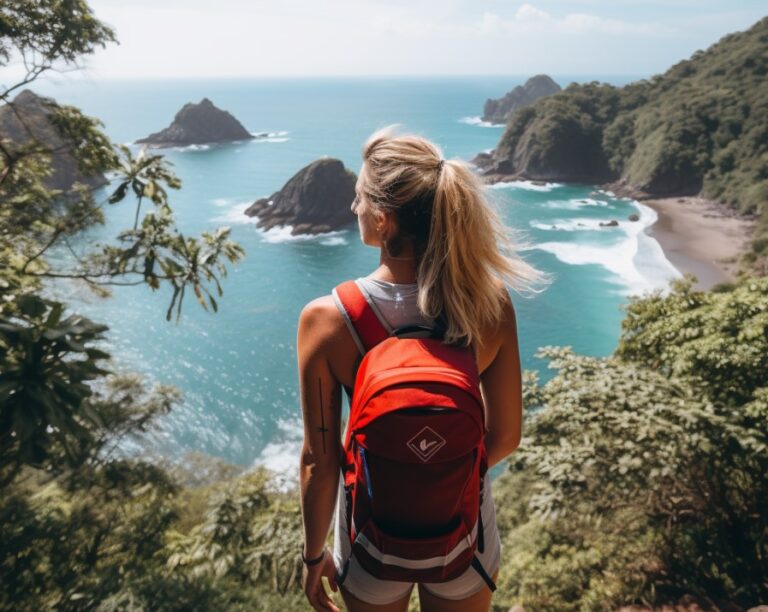What food can I take to Costa Rica?
Before traveling to Costa Rica, it is important to know the country’s food customs regulations. Nonetheless, despite having a liberal policy towards its customs by Costa Rica; there have been some reservations over this to shield its agriculture and also avoid entry of pests and diseases. This article will address what one can eat or not when in Costa Rica as well as how to pack food.
What To Pack
According to the Embassy of Costa Roca in Washington DC, there are certain kinds of foods that can be carried for personal use by individuals who are traveling:
- Baby formula
- Confectionery (not more than 4 lb per individual)
- Wine or liquor (about 1.3 gallons for each person aged 18 years and above)
The volumes provided above are moderately bearable for those visitors coming into Costa Rica.
What Is Not Allowed
However, still there are restrictions on what type of snacks you shall carry along. These goods cannot be brought into the nation by any means according to the government:
- Vegetables
- Fruits
- Plant seeds
- Flowers
- Meat products
The mentioned goods might contain insects or diseases that may cause serious damage on agricultural products on this land thus their importation is prohibited. Fine will follow anyone who violates this law while his/her goods will be confiscated by customs officers. Furthermore, one should remember that although you can bring significant amounts of sweets and alcohol with you, it all changes when you cross specific boundaries. In case someone excretes it then additional taxes or charges could come up as a result.
How To Pack Food?
If you want to take meals with you ensure they do not spoil in transit here is how best you can do it:
- Check expiry dates before leaving: All edibles being taken along must be checked whether still good for human consumption.
- Find secure packages: These might include hermetically sealed boxes or zip-lock bags so that no fluids will come out during travel.
- No special handling items allowed: Just leave your fresh meat, dairy products, and eggs at home because they may spoil while traveling.
- Label your items: Particularly necessary for foodstuffs with allergens or not in Spanish.
- Prepare for inspections at the customs point where you will declare your foodstuff and answer any questions.
Read also What can you not bring to Costa Rica? and Medications not allowed in Costa Rica
Bringing Food for Medical Purposes
If some individuals need a special diet or particular meals due to their health conditions, they can bring them to Costa Rica. As per the Embassy of Costa Roca, it is also possible to carry drugs and other medical supplies. However, you may take along medics if that implies that they are meant for personal wellness when under a doctor’s supervision then a prescription note from your physician should be provided to this effect. Moreover, they need to have accurate marks of labeling and identification.
Baby Foods
When carrying an infant or a small child and traveling, extra food can be taken to keep them satisfied. One’s self can take baby food as expressed by the Costa Rican Embassy in its travel advisory. When packing for babies or young children during the trip ensure it is enough for the entire time and think about their diet patterns and allergies too. Some extras may also come in handy in instances of delays or other unpredictable situations.
Carrying Food for Pets
It is possible that someone traveling to Costa Rica with a pet would want to bring along its food. Nonetheless, one should confirm from their airline and customs officials whether there are any specific requirements of such nature. On other occasions, airlines regulate how much animal feed can be carried while others may require more documentation or inspections by customs. Always see to it that the animal’s meal is well-kept and labeled.
In conclusion
One should have knowledge of the country’s customs regulations on food products when traveling to Costa Rica. There are some kinds of foods specifically meant for people even though there are rules that have been put in place to guard against pest entry as well as disease transmission besides conserving agriculture within this nation. It will be a good experience when we follow what we mentioned above plus wrapping our meals safely although it is not possible to avoid eating healthy food throughout our journey. Also, consult your airline company and customs officials on any requirements and restrictions; you must then expect border searches every time you go through these people- remember this!





